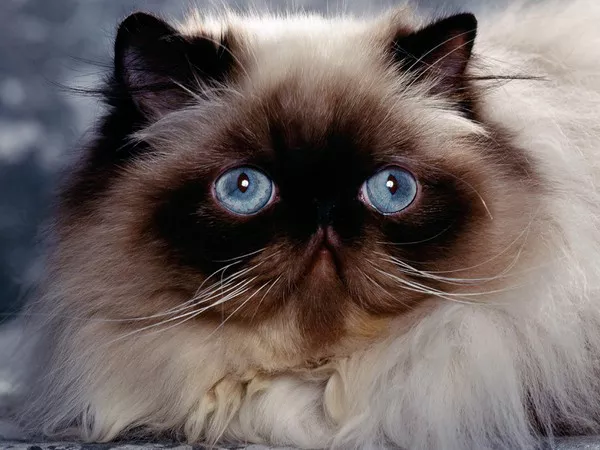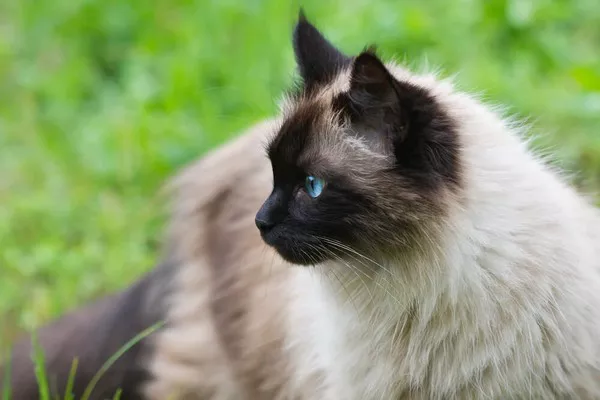As devoted pet owners, we often find ourselves sharing our meals with our feline companions, sometimes out of curiosity or a desire to treat them. One popular human food that might spark interest is fries. The aroma, the texture, the crunch – it’s only natural to wonder whether cats can partake in this culinary delight. In this comprehensive exploration, we delve into the intricacies of feline nutrition, the components of fries, and whether fries can be a safe and suitable addition to a cat’s diet.
Understanding Feline Nutrition
Obligate Carnivores:
Cats are obligate carnivores, which means their diet primarily consists of meat. Unlike omnivores, cats have specific nutritional requirements that are crucial for their overall health. Proteins, essential amino acids, and certain vitamins and minerals derived from animal sources are vital components of their diet.
Protein as the Foundation:
The foundation of a cat’s diet is protein. Proteins provide essential amino acids necessary for functions such as muscle maintenance, immune system support, and energy production. A lack of sufficient protein in a cat’s diet can lead to severe health issues.
Limited Carbohydrate Tolerance:
Unlike humans who can efficiently metabolize carbohydrates, cats have limited tolerance for them. Their digestive systems are adapted to process proteins and fats, and excessive carbohydrates in their diet can lead to obesity and other health problems.
Essential Nutrients: A Tailored Diet:
Cats require specific nutrients like taurine, arachidonic acid, and vitamin A that are found predominantly in animal tissues. Providing these essential nutrients is crucial for maintaining optimal health and preventing nutritional deficiencies.
The Composition of Fries
Fries:
Fries, a beloved side dish around the world, are typically made from potatoes. Potatoes themselves are not harmful to cats in small amounts, but it’s the preparation and additional ingredients that can pose potential risks.
Deep-Frying and Seasonings:
The process of deep-frying introduces oil, salt, and other seasonings to the potatoes. While plain, cooked potatoes may be safe for cats in moderation, the added ingredients used in preparing fries, such as salt and potentially harmful seasonings, can make them unsuitable for feline consumption.
Salt Content:
Cats have a low tolerance for salt. Excessive salt intake can lead to sodium ion poisoning, causing symptoms like increased thirst, urination, and potentially fatal complications. Fries, often seasoned with salt, can contribute to elevated sodium levels in a cat’s diet.
Can Cats Eat Fries?
Potential Risks of Fries for Cats:
While plain, cooked potatoes may not be harmful to cats in small amounts, the risks associated with fries lie in their preparation and additional ingredients. Deep-frying, salt, and seasonings make fries less suitable for feline consumption.
High Fat Content:
Fries are typically high in fat due to the deep-frying process. High-fat diets can contribute to obesity and pancreatitis in cats, both of which pose significant health risks. Maintaining a balanced and appropriate fat intake is crucial for a cat’s well-being.
Sodium Intake and Salt Toxicity:
The salt content in fries can be a significant concern for cats. Excessive sodium intake can lead to salt toxicity, causing dehydration, electrolyte imbalances, and potentially fatal consequences. Cats are particularly sensitive to high levels of salt in their diet.
Potential for Gastrointestinal Upset:
Cats may experience gastrointestinal upset, including diarrhea and vomiting, when exposed to new or unfamiliar foods. The introduction of fries, especially those with added seasonings, can lead to digestive disturbances.
See Also: Can Cats Eat Dates? [Revealed!]
Alternatives to Fries for Cat Treats
Meat-Based Treats:
Given that cats are obligate carnivores, meat-based treats are the most suitable and enjoyable option. High-quality cat treats made from real meat, such as chicken or fish, provide the necessary protein without the risks associated with fries.
Commercial Cat Treats:
Numerous commercial cat treats are specifically formulated to meet feline nutritional needs. These treats often incorporate essential nutrients and are designed to be both tasty and beneficial for cats. Choosing reputable brands ensures the quality and safety of these treats.
Homemade Cat Treats:
For pet owners who prefer homemade treats, creating cat-friendly treats using ingredients like cooked meat or catnip can be a safe and enjoyable option. However, it’s crucial to avoid using ingredients that may be harmful to cats, such as onions or garlic.
Conclusion
In conclusion, while plain, cooked potatoes may not pose a significant risk to cats, fries are not an ideal or necessary component of a feline diet. The potential risks associated with deep-frying, salt content, and added seasonings make fries less suitable for cat consumption.
As responsible pet owners, prioritizing a diet that aligns with a cat’s obligate carnivorous nature ensures their overall well-being. Understanding feline nutrition, the unique dietary requirements of cats, and the potential impact of certain foods on their health allows pet owners to make informed decisions about what treats to offer.
Opting for meat-based treats or commercially available cat treats ensures that cats receive the necessary nutrients without compromising their health. Always consult with a veterinarian for personalized advice on your cat’s diet and nutritional needs, and observe your feline companion for any signs of adverse reactions to new foods.












![Do Birman Cats Like to Cuddle? [Revealed!]](https://www.catsmeowweb.com/wp-content/uploads/2023/06/burmese-cat-31.webp)













